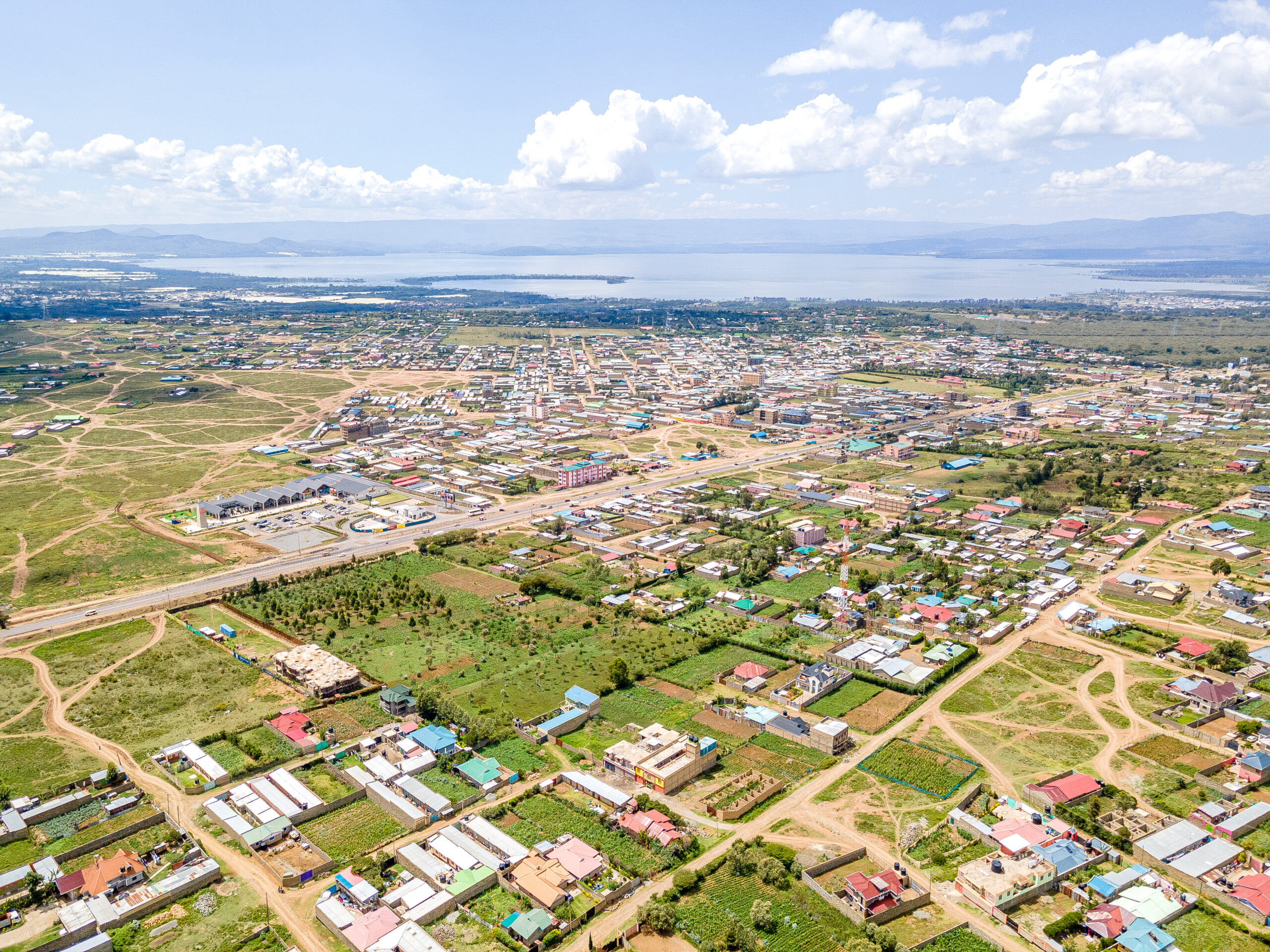
In Kenya, the concept of land ownership has evolved over time, with significant changes occurring in recent years. This article aims to shed light on the differences between leasehold and freehold land ownership, exploring the historical context and legal implications. By understanding these concepts, you will gain valuable insights into some of the Kenyan land ownership regulations.
1. Historical Background:
The Legacy of White Settler Farmers:
During the colonial era, white settler farmers in Kenya enjoyed absolute ownership of land for up to 999 years. This legal structure was inherited and shaped the land ownership system for many years. However, in 2010, Kenya introduced a new constitution that changed this.
The New Constitution of 2010:
The new constitution brought about significant changes to land ownership regulations. One of the key amendments was the reduction of leasehold ownership from 999 years to 99 years. This change aimed to address historical imbalances and promote equitable land distribution.

2. What is Leasehold Land Ownership?:
Limited Time Ownership:
Under the leasehold system, individuals or entities can own land for a maximum of 99 years. This ownership is subject to renewal upon expiration of the lease term.
Are there Ownership Restrictions?:
The new constitution stipulates that only Kenyan citizens have the right to own freehold land, without any time limitations. This provision aims to protect the interests of the local population and ensure sustainable land management. However, the same constitution states that foreigners together with Kenyan citizens can own leasehold land, guided by the tenure regulations in that specific locality.

3. So, What is Freehold Land Ownership?:
Perpetual Ownership:
Unlike leasehold, freehold land ownership grants individuals or entities the right to own land in perpetuity. This means that there are no time limitations or lease renewals required.
Exclusive to Kenyan Citizens:
Freehold land ownership is reserved exclusively for Kenyan citizens. This provision ensures that the local population has long-term control over their land and promotes national sovereignty.
4. Any Implications and Considerations?:
Main Factors of Leasehold Ownership:
Fixed term: Leasehold land ownership is based on a fixed term for a maximum of 99 years. The time period varies as per the regulations under the locality of the property.
Main Factors of Freehold Ownership:
Long-term Security: Freehold ownership provides individuals or entities with the assurance of perpetual land ownership, offering stability and security for future generations.
Investment Potential: Freehold land is generally considered a valuable asset, making it an attractive option for long-term investments and development projects.

Conclusion:
Understanding the differences between leasehold and freehold land ownership is crucial for anyone interested in acquiring land in Kenya. While leasehold offers limited time ownership, freehold provides perpetual ownership rights. Both systems have their advantages and considerations, and it is essential to assess individual needs and goals before making a decision. By adhering to the regulations set forth in the Kenyan constitution, individuals can navigate the land ownership system effectively and contribute to the sustainable development of the country.
A leasehold property opportunity awaits your consideration. Don’t miss out! CLICK HERE



One response, add yours!
Thank you for the information!